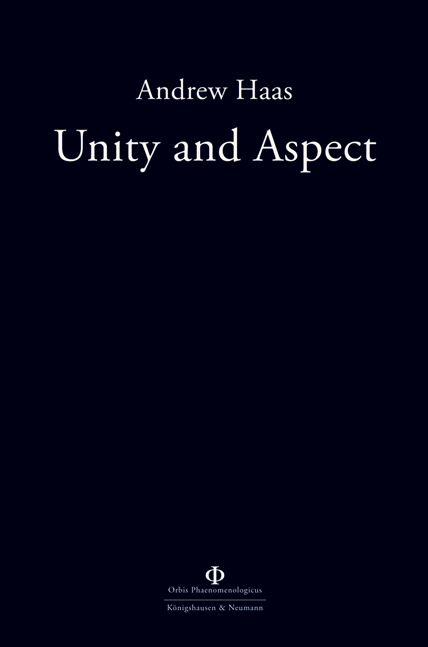Beschreibung
What is first philosophy today? In Unity and Aspect, the questioning begins with a new (old) approach to metaphysics: being is implied; it is implied in everything that is; it is an implication. But then, the history of philosophy must be rethought completely – for being implies unity, and time, and the other of time, namely, aspect. The effect on the self and on self-understanding is radical: we can no longer be thought as human beings; rather, reaching back to the ancient Greek name for us (phos), Haas seeks to rearticulate us as illuminating, as illuminating ourselves and others, and as implicated in our illuminations. Unity and Aspect then provokes us to problematize words and deeds, thoughts and things – and this means reconsidering our assumptions about history and survival, meaning and universality, sensibility and intimacy, knowledge and intentionality, action and improvisation, language and truth. And if Haas suspends the privilege enjoyed by our traditional philosophical concepts, this has implications for fields as diverse as ontology and phenomenology, ethics and aesthetics, education and linguistics, law and politics.
“Unity and aspect ha il coraggio di sollevare – e affrontare – questioni fondamentali come quelle relative all’essere o al soggetto, concentrandosi sui rimandi reciproci tra essere, unità, tempo e aspetto, nonché fra questi e la pratica della scrittura che cerca di renderne conto” — Giornale Critico della Filosophia Italiana.
“Haas’ book is unique…his own foray into metaphysics…an original metaphysics written in a way that is designed to afford a unique angle on the problems of metaphysics, specifically in their ineluctably problematic character”— Phenomenological Reviews.
“The language of Unity and Aspect has a strong impact, and it cannot help but assert its influence—certainly not as a language of theory, but as a kind of speech practice, the practice of suspending any speech act and any definite sense which could entrap us into metaphysical thinking”— Horizon.
“Unity and Aspect seeks to enter a new dimension of philosophical reason—the realm of the problematic as such”— Pli.
Unity and Aspect has been short-listed as a finalist for the 2019 Prix Mercier.
The Author
Andrew Haas is the author of Hegel and the Problem of Multiplicity (2000) and The Irony of Heidegger (2007), as well as numerous articles in ancient Greek philosophy, German idealism, and contemporary European philosophy.

